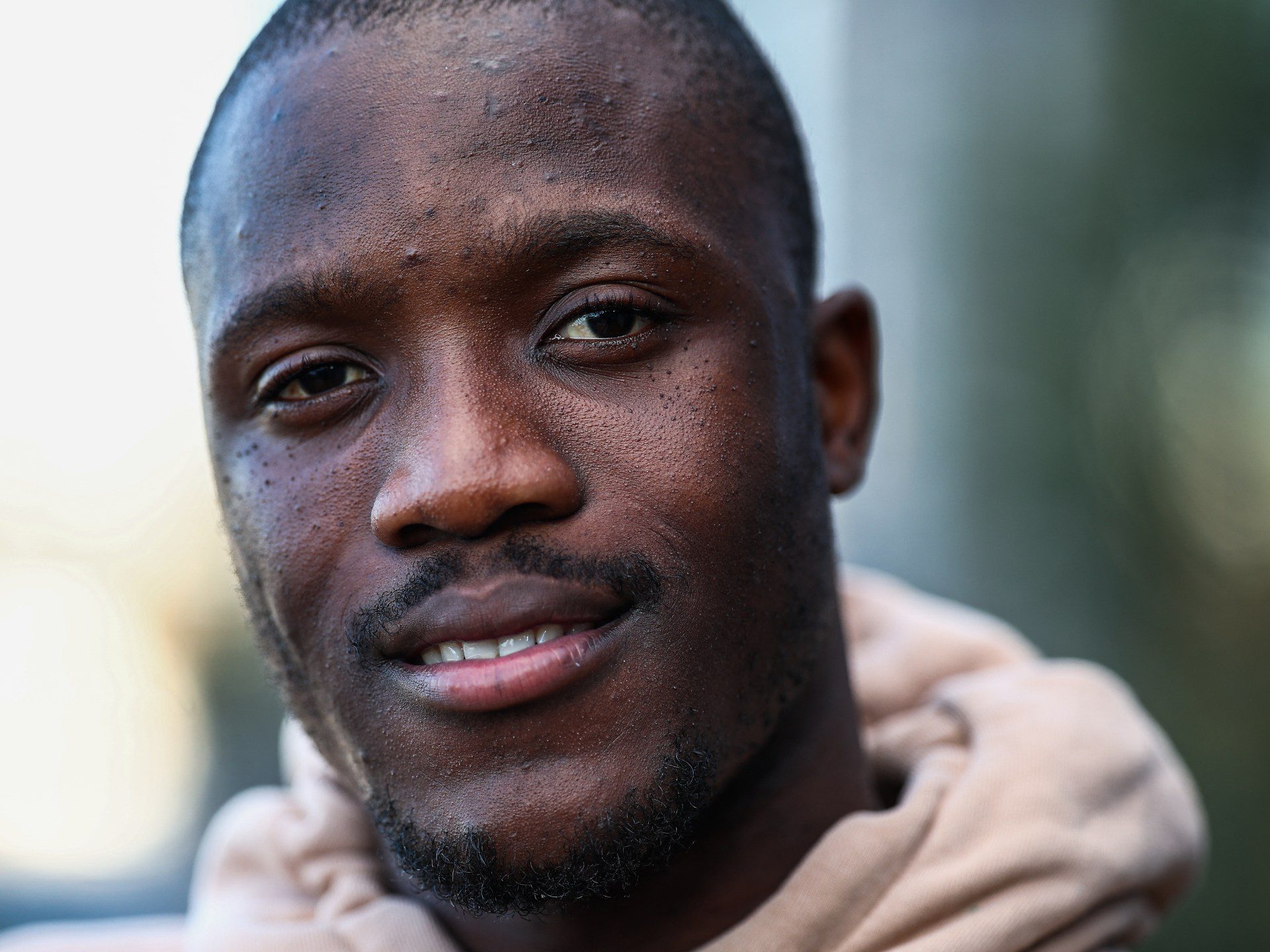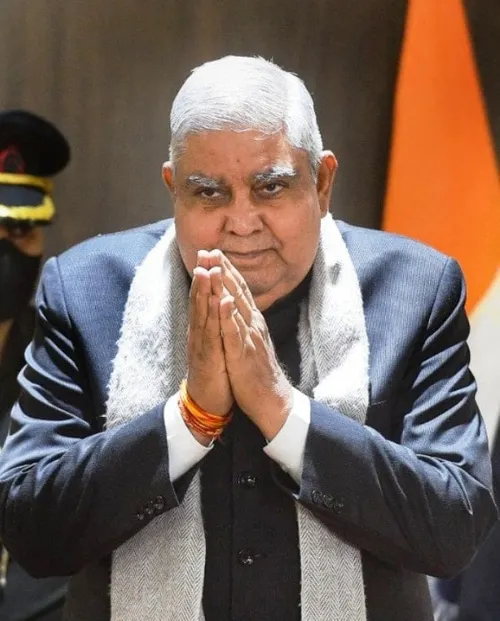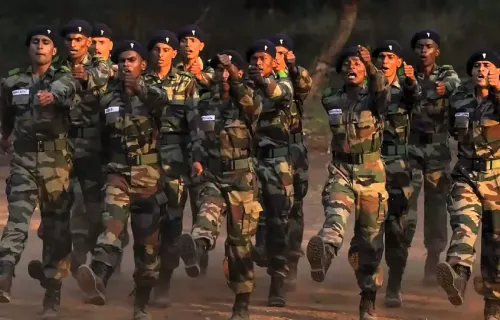Tebogo talks to Al Jazeera about breaking the American and Jamaican dominance, and the future of sprinting in Africa.
Doha, Qatar – Loud cheers greeted Letsile Tebogo when he stepped onto the track for the men’s 200-metre race at the World Athletics Doha Diamond League in Qatar and stepped away a winner a few minutes later.
The Botswanan Olympic gold medallist made his Doha debut with a time of 20.10 seconds on a balmy Friday evening, coolly glancing sideways at his closest competitor as he crossed the finish line 0.01s ahead of Courtney Lindsey of the United States (US).
It was a leisurely run compared with his triumphant 19.46s finish at the Stade de France nine months ago, when he left a star-studded American lineup – including 100m gold medal winner Noah Lyles – in his wake as he brought Botswana its first Olympic gold.
As a young boy, Tebogo was a keen footballer with a preference for manning the left wing, but was pushed towards athletics by his teachers.
Seven years later, the reluctant sprinter made the world sit up and take notice as he became the first African to win a 200m gold at the Olympics.
A day prior to the Doha Diamond League, the World Athletics 2024 Athlete of the Year sat down with Al Jazeera to reflect on his achievement in Paris and its the impact on the African continent:
Al Jazeera: How has life changed for you since winning the Olympic gold?
Letsile Tebogo: In so many ways.
To begin with, there’s increased awareness of the scale of my achievement, which has brought along commercial interest.
I now have multiple opportunities to support myself as multiple brands want to be associated with my name.
What I’m most excited about, though, is the impact I have made on aspiring athletes.
I have proved that by staying on the right track and working hard, it is possible to achieve your dreams no matter which part of the world you’re from.
Wherever you are, whatever you have, just make sure you put in enough effort and dedication.
Al Jazeera: How difficult is it for you to step out of your house when you’re in Botswana?
Tebogo: I’m never out unless it’s for an event. I stay locked up indoors because I don’t want to be out there too much.
I like having an element of mystery and want to leave people wondering: where is he, what’s he doing?
Al Jazeera: How does it feel to break the American and Jamaican hold on sprinting medals at the Olympics?
Tebogo: That’s always been my goal. To snap their dominance. It was sad to see only two nations rule the sport for decades.
I wanted to make a breakthrough for African athletes. I aspired to be the one to make it happen and then take in the world’s response. And that reaction has been heartwarming.

Al Jazeera: When compared with the success in distance running, Africa has not been able to bag as many medals in sprinting. What challenges do African athletes face when it comes to sprinting at the highest level?
Tebogo: It’s mostly down to infrastructure and support but I am not entirely sure. However, I can see that Africa is looking towards investing in its athletes beyond distance running.
Once the governments are on board, it makes a massive difference to the sport.
Al Jazeera: Can you see the impact of your success for Batswana athletes?
Tebogo: It’s still early days but I’ve definitely seen athletes shed a layer of self-doubt. They are no longer afraid of coming forward to showcase their talent.
I hope the new [Botswana] government will take the next step and help these athletes.
Al Jazeera: How do you see the future of sprinting in Africa?
Tebogo: Africans are stepping up and we see an increased number of African athletes in global competitions.
I dream of an all-African lineup at the Olympics one day.

Anurag Dhole is a seasoned journalist and content writer with a passion for delivering timely, accurate, and engaging stories. With over 8 years of experience in digital media, she covers a wide range of topics—from breaking news and politics to business insights and cultural trends. Jane's writing style blends clarity with depth, aiming to inform and inspire readers in a fast-paced media landscape. When she’s not chasing stories, she’s likely reading investigative features or exploring local cafés for her next writing spot.






